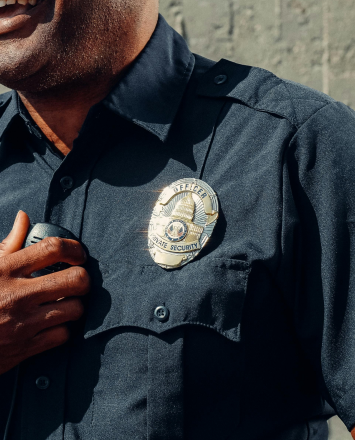During the 100 years that spanned from the early 1800s to the early 1900s, young suitors expressed their intentions with "acrostic" rings that spelled out a secret sentiment using the first letter of each gemstone in the piece.
For example, to convey the word "dearest," the ring would feature seven gems in this order: (D)iamond, (E)merald, (A)methyst, (R)uby, (E)merald, (S)apphire and (T)urquoise.
The gem icons in the illustration, above, spell out three words: DEAREST, REGARD (ruby, emerald, garnet, amethyst, ruby, diamond) and GRACE (garnet, ruby, amethyst, citrine, emerald).
According the Gemological Institute of America (GIA), Jean-Baptiste Mellerio (1765-1850), the jewelry designer to Marie Antoinette and the French court, is credited with inventing acrostic jewelry. Napoleon Bonaparte was said to be so enchanted with the concept that he commissioned several pieces for family members.
In some cases, the stones would be set asymmetrically and out of order, adding an extra challenge to solving the puzzle.
Romantics living during the Georgian and Victorian eras embraced the romance and mystery behind acrostic jewelry, a category that soon expanded to include stackable rings, brooches and bracelets. This, of course, provided much more room to express oneself. The gems might spell out the names of children, loved ones who passed, favorite places or a private message.
Acrostic bling may be ready for a revival, boosted by consumer demand for jewelry that is personalized and truly unique. The New York Times shone the spotlight on acrostic jewelry in a 700-word feature story that ran only a few weeks ago.
Mapping out a custom piece of acrostic jewelry is a fairly easy proposition. Just about every letter in the alphabet has a corresponding popular gem. Exceptions include uvarovite, a green member of the garnet family, to represent "U," verdelite tourmaline for the letter "V" and the really obscure, non-jewelry mineral xonolite to represent the letter "X."
Credits: Images via BigStockPhoto.com.






